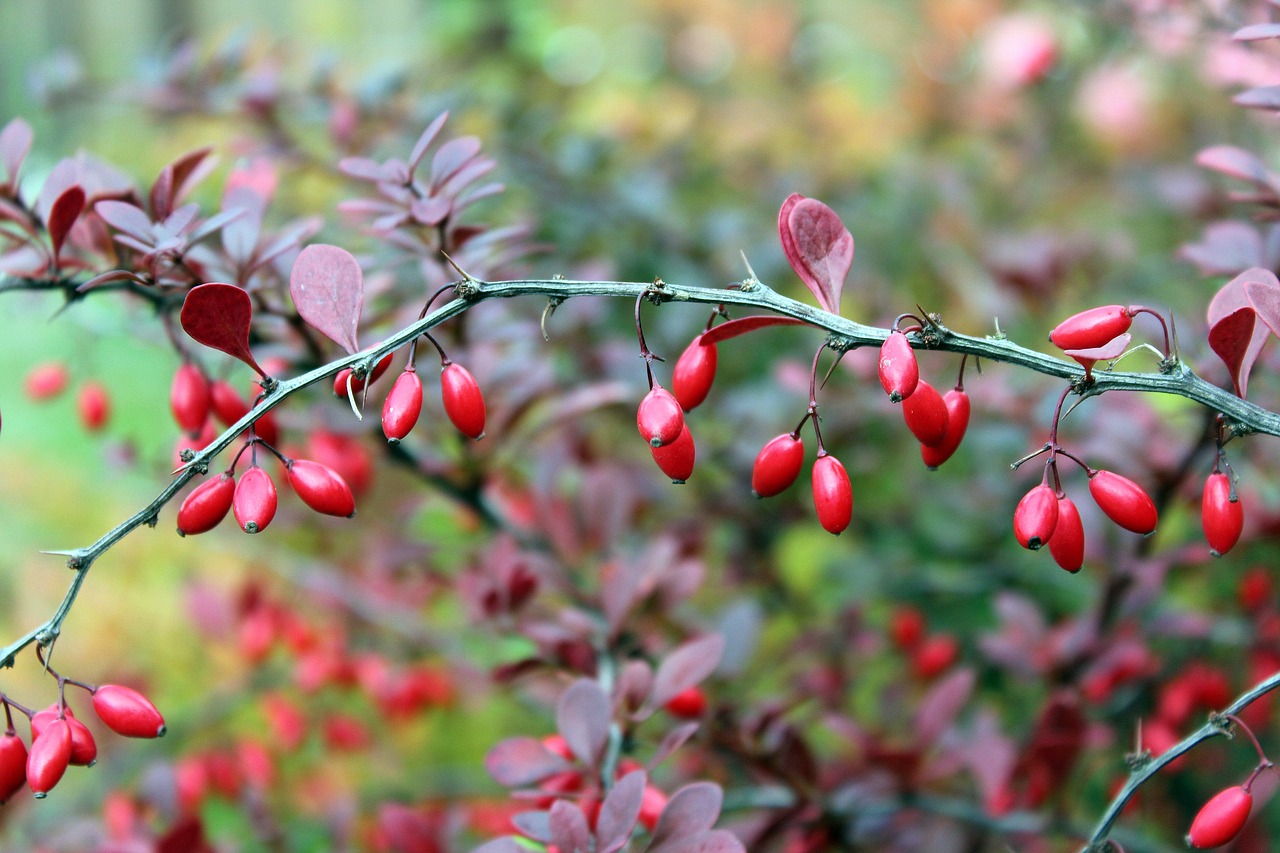Berberis vulgaris (Barberry Bark) the herbalists wonder herb for liver congestion
Berberis vulgaris
Barberry Bark
Plant Family:
Berberis vulgaris is a member of the Berberidaceae family.
Habitat & Botanical characteristics:
Berberis vulgaris is a shrub native to the temperate climates of northwest Africa, western Asia and most of Europe. However, the plant has spread and been cultivated in many other countries such as New Zealand and America. The tart-tasting red berries are harvested for their high vitamin C and pectin content.
Berberis vulgaris is characterised by its woody, brittle stems, alternate leaves and small, pale yellow flowers. The entire shrub reaches 8-10 feet and is a gem for foragers as the berries are ready to harvest throughout the winter months.
Parts used:
Herbalists use the bark of the root to produce medicine.
Active constituents:
Alkaloids - berberine, berbamine, hydrastine, oxyacanthine
Chelidonic acid
Tannins
Energetics:
Berberis vulgaris is bitter and cold in energetic terms. This means that it’s effectively used to calm hot conditions, such as fevers, and the bitter component aids the gastrointestinal tract by stimulating digestive secretions.
Medicinal actions:
Tonic - To sustain the body and improve endurance.
Choleretic - To specifically increase the volume of bile secreted by the liver.
Alterative - To clean the blood and the lymphatic system.
Bitter tonic - To improve digestive function and thereby the flow of nutrition to the tissues.
Laxative - To assist bowel function.
Antiemetic - To reduce feelings of nausea and prevent vomiting.
Purgative - To stimulate eliminative channels to expel material that is obstructing or injuring health, they may also promote sweating and vomiting.
Antiseptic - To prevent the growth of harmful microorganisms.
Medicinal uses of Berberis vulgaris:
Berberis vulgaris is very effective in treating conditions associated with congestion of the liver, and is a herb that many herbalists would gravitate towards if presented with a patient suffering from hepatic complains. It’s also used to treat gallbladder problems such as cholecystitis and biliary colic. Due to its actions which enable efficient elimination of toxins from the body its excellent in the treatment of skin conditions especially ones which present themselves as hot or itchy. Alongside these benefits, the herb can also alleviate conditions such as malaria, protozoal and fungal infections, immune dysfunction and septicemia.
Recommended dose:
The recommended dose of Berberis vulgaris tincture is 2-5 ml, three times daily. This is the standardised does, however it may vary depending on age and condition, but generally taking herbs does not pose a threat to the body if consumed responsibly.
.png)




Congratulations @herbalfaerie, you have decided to take the next big step with your first post! The Steem Network Team wishes you a great time among this awesome community.
The proven road to boost your personal success in this amazing Steem Network
Do you already know that awesome content will get great profits by following these simple steps, that have been worked out by experts?